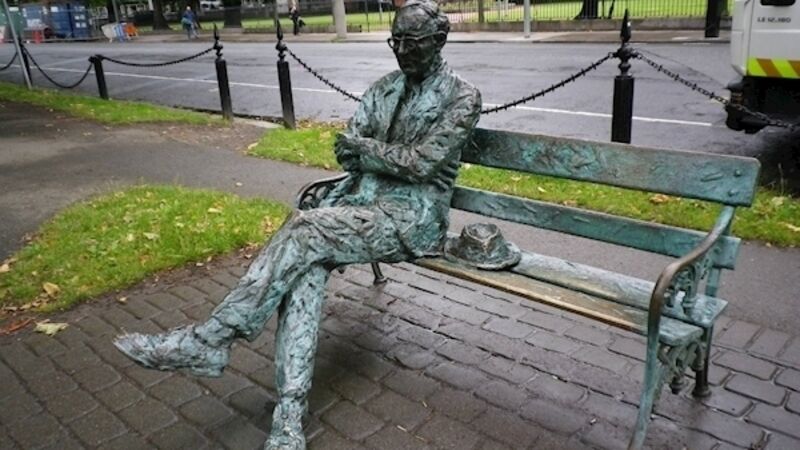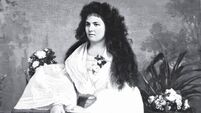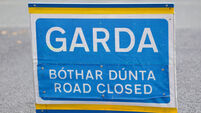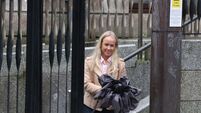Even established writers rage against the bookshop machine

The two best bits of the just published State papers from the 1980s are, inevitably, sections carrying no great national importance.
One record had a staff member from the Irish embassy in London getting verbally beaten up by a British MP during a train journey.














